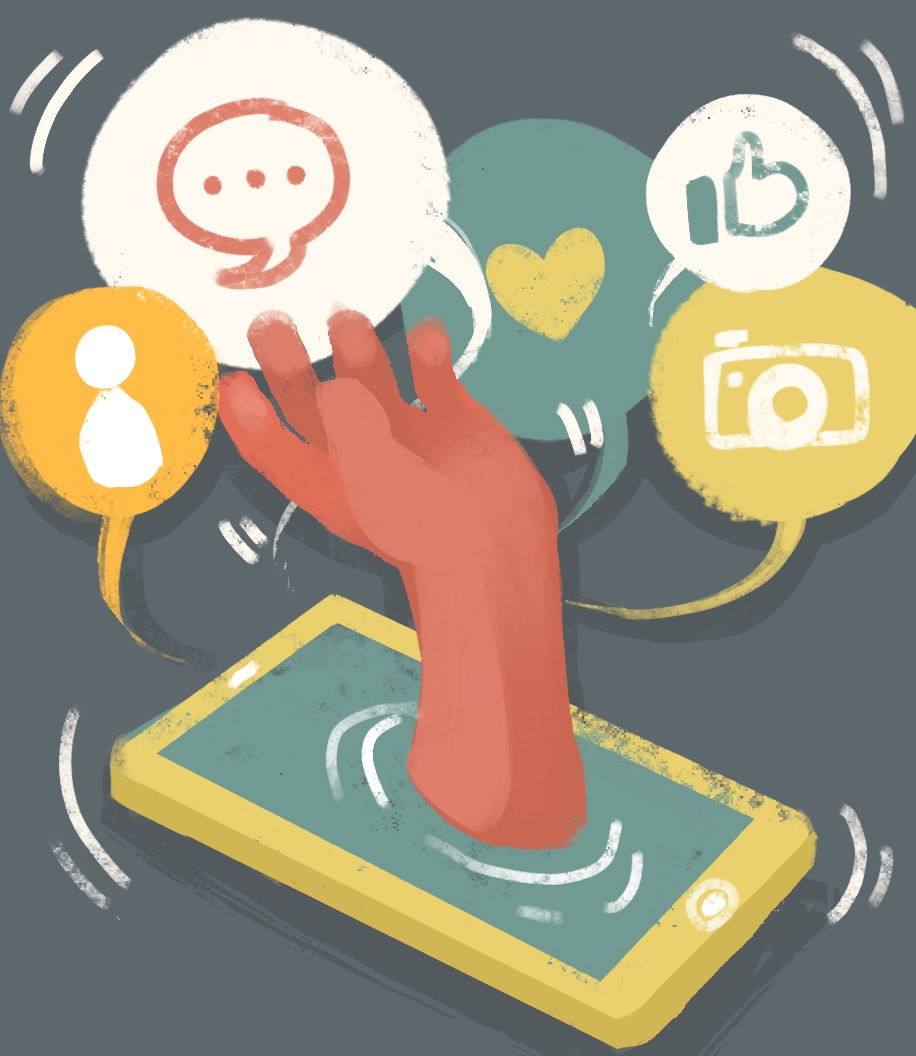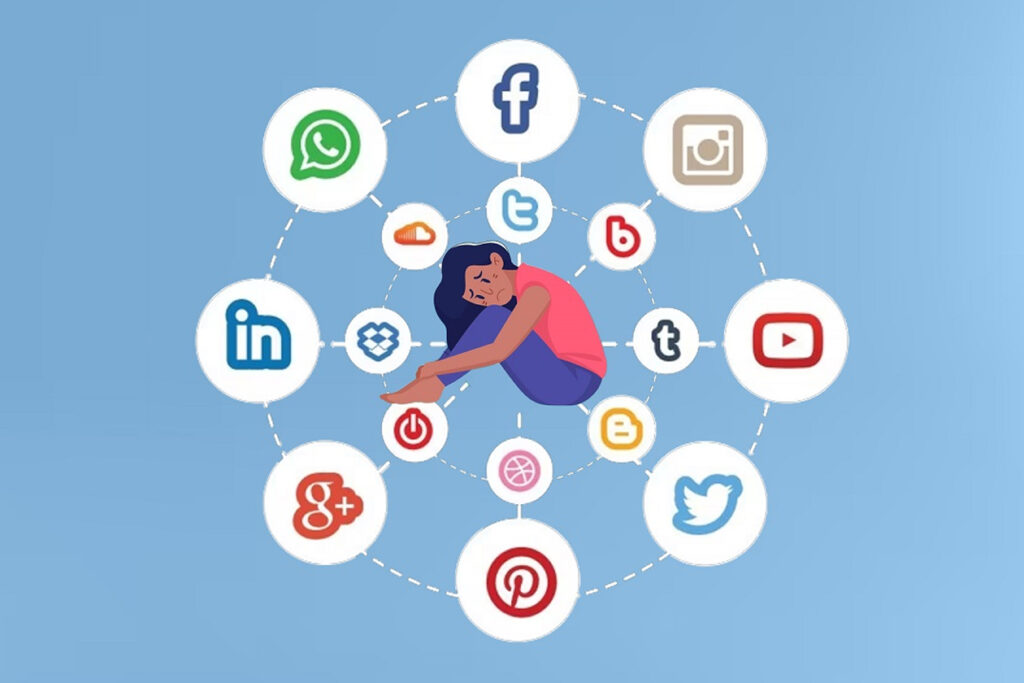Activism is an important part of calling attention to issues within our society and with the aid of social and digital media it is easier than ever to draw attention to causes in need of support. Social media allows for larger numbers of communities to become aware of the issues being broadcast and is overall excellent method of spreading the word on many different scales, there are also many pragmatic uses for social media in activism as well as how this shapes activism in the real world too(Castillo Esparcia, A. et al 2023).
Traditional methods of activism tend to rely on many different structures and a dedicated leader to ensure that the activism is successful, and is not often as well as attended as the news of the activism is not as effectively spread, whereas newer methods brought about through social media help to effectively eliminate the barriers that traditional methods of activism have(Bennett, W.L. and Segerberg, A. 2012).
Social media brought about a new wave of activism, which is now more accessible than ever before. Usage of digital media has allowed activists to more rapidly spread the reason for their actions, allowing their message to reach a much larger audience as well has having the ability to mobilize groups of people in a quick, easy fashion(Castillo Esparcia, A. et al 2023). Social media enables activists to have a more direct line of communication with each other and the community they have formed, as well as aiding in eroding the barriers that limit participation, bringing about more visibility to their cause along with gaining more attention from mainstream media outlets, allowing for more networking to be done allowing activists to make meaningful connections with individuals with the ability or authority to gain the movement more attention or even change policies on the movement(Castillo Esparcia, A. et al 2023).
Although digital media allows for more accessibility and for a larger amount of people to see the cause, there are also issues that come with this new method of activism. Digital tools that allow for the activists message to be more widely spread also provide people with an easier way to put in minimal effort in engagement, which is often called “slacktivism” (Tufekci, Z. 2013). The design of social media means that there is a competition for the users attention, which can lead to the message from the activists to be made more easily digestible rather than the actual raw truth(Tufekci, Z. 2013). There is also difficulty in maintaining the level of collective activity as it is difficult to translate high engagement on a social media platform to sustainable, impactful and organised sessions offline(Tufekci, Z. 2013). Another common issue is that even if a movement does gain a larger attention that does not always translate into the movement having a impact on the authorities and their decision making(Tufekci, Z. 2013).

Using digital media to promote activism has steps to ensure that the message being spread is impactful, purposeful, engaging, and has continuous online and offline support. One of the best methods we have in our modern society to have activism achieve its required effect and influence. Digital media allows for a new form of activism which has been coined as “hybrid activism”, allowing for the combination of activism online and offline to have equal effects and brings attention to the struggles that are rooted within urban life(Zur, H. and Hatuka, T. 2023). Hybrid activism would allow for a much easier method of co-ordination if an individual were to want to bring about attention to a cause in a cost effective and timely manner(Bennett, W.L. and Segerberg, A. 2012).
Another useful feature brought about by digital media is the ability to make the cause of the activism feel personal or providing as sense of community to anyone user that may come across the information or post(Bennett, W.L. and Segerberg, A. 2012), this level large scale personalisation allows for the message of the activism to be more wide spread through social media allowing for more participation in policy making, aiding in the personalisation and involvement of the individual(Brennan, G. 2018). The personal nature of the activism also has another benefit when trying to promote a worthy cause, as due to the instantaneous nature of social media information is spread about rapidly making the organization of larger groups of people to engage in activities linked to the cause they support significantly easier to do(Brennan, G. 2018).
There are certain digital media tools that can help online activism become even more effective than it already is and one tool that is emerging and slowly becoming a robust tool is known as counter-data mapping. This online tool has the ability to allow marginalized communities to put forward a more accurate reflection of their narrative in a visual form, a map, of the data that effects the community’s well-being(Jeppesen, S. and Sartoretto, P. 2023). Counter-data mapping provides a practical methodology for activists to visually demonstrate the issues that occur in specific areas, as well as comparing their data map to the data provided by the government or companies(Jeppesen, S. and Sartoretto, P. 2023). This visualization of the data also helps to simplify all the data and allows the data to be more understandable to the average person which in turn helps to erode the barriers in place that prevent individuals from misinterpreting the data or message the activists have presented(Castillo Esparcia, A. et al 2023).
Digital media is overall an extremely important tool that activists can use to help advance their cause, as well as allowing the message to reach a much broader audience than traditional methods of communication allow. Digital media aids in activists in eroding barriers that traditional methods of activism have, as well as having the ability to have information quickly spread allowing for organising of large numbers of people to be done quickly and in a cost-effective manner. Though this method of activism does have some down falls, the good that comes from this method of activism far outweighs the bad when it comes to promoting true activism
Word count: 1015
Bibliography:
- Bennett, W.L. and Segerberg, A. (2012) The Logic of Connective Action, Information, Communication & Society, 15(5).
- Brennan, G. (2018) ‘HOW DIGITAL MEDIA RESHAPES POLITICAL ACTIVISM: MASS PROTESTS, SOCIAL MOBILIZATION, AND CIVIC ENGAGEMENT’, Geopolitics, history, and international relations, 10(2), pp. 76–81. doi: 10.22381/GHIR102201810.
- Castillo Esparcia, A., Caro Castaño, L., & Almansa-Martínez, A. (2023). Evolution of digital activism on social media: opportunities and challenges.
- Geomedia Conference 2023 (2023) Jochem Kootstra: Fighting Maps with Maps. YouTube video. Available at: https://youtu.be/vaFY12BYBl8 (Accessed: 11 June 2025).
- Jeppesen, S. and Sartoretto, P. (2023) ‘Cartographies of Resistance: Counter-Data Mapping as the New Frontier of Digital Media Activism’, Media and communication (Lisboa), 11(1), pp. 150–162. doi: 10.17645/mac.v11i1.6043.
- Politics Rights (2024) Climate protest in London featuring Just Stop Oil and climate activist banners [online image]. Available at: https://politicsrights.com/digital-technologies-climate-activism/ (Accessed: 11 June 2025).
- Supa, M., Neag, A. and Kligler-Vilenchik, N. (2024) ‘“If I weren’t an activist, I’d buy an old Nokia and I’d be OK”: Youth wellbeing, digital media, and activism’, First Monday, 29(12), p. 1. doi: 10.5210/fm.v29i12.13854.
- Tufekci, Z. (2013) ‘Not this one’: social movements, the attention economy, and microcelebrity networked activism, American Behavioral Scientist, 257.
- Zur, H. and Hatuka, T. (2023) ‘Local–Digital Activism: Place, Social Media, Body, and Violence in Changing Urban Politics’, Social media + society, 9(2). doi: 10.1177/20563051231166443.




